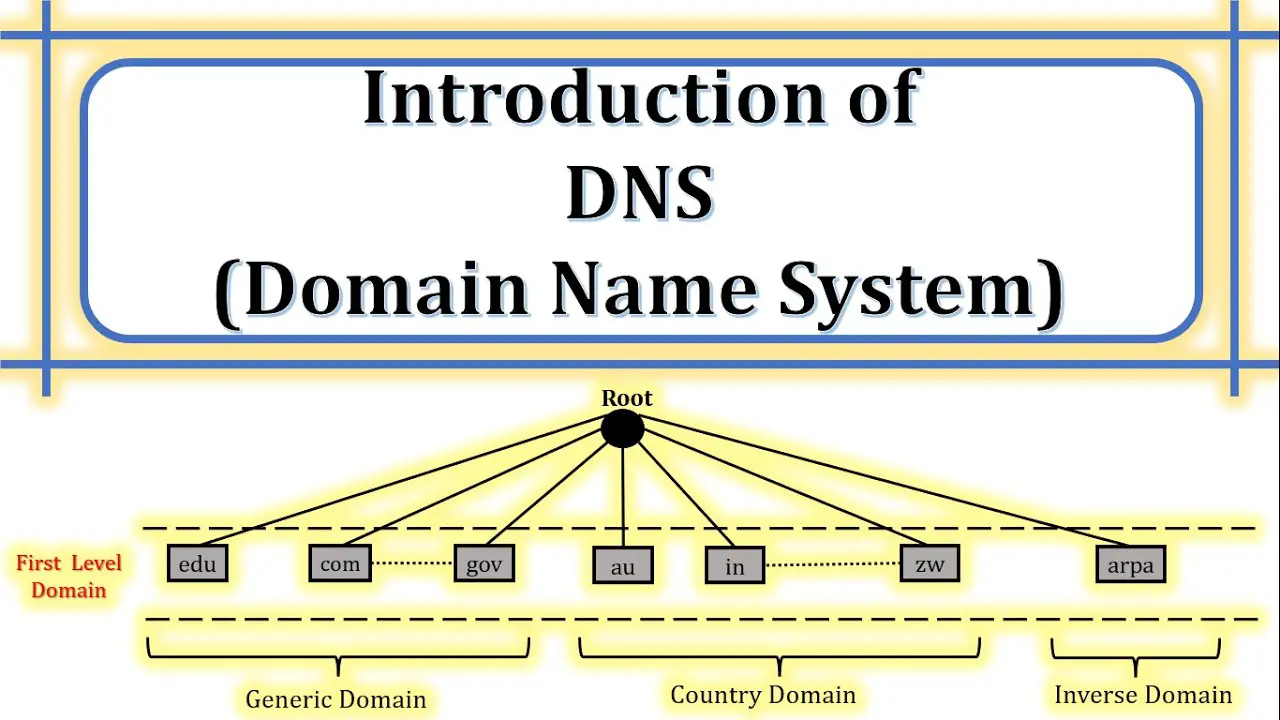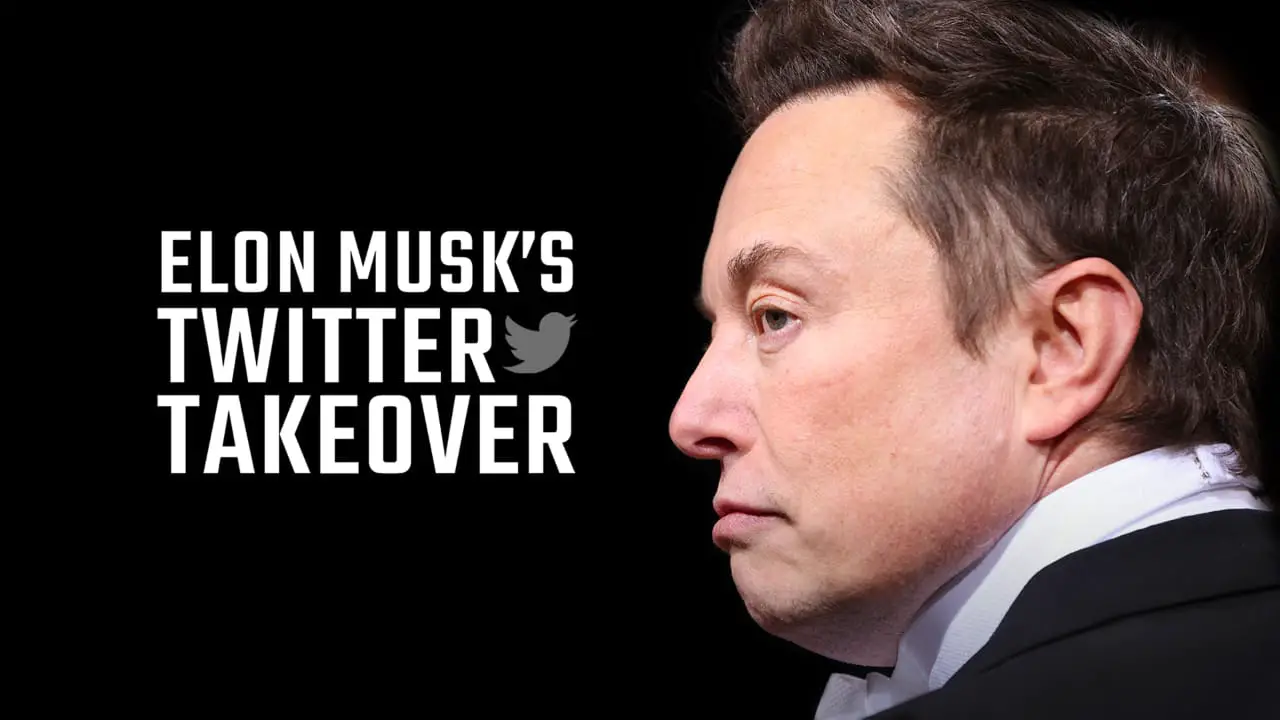In today’s digital age, social media has become an integral part of our lives, shaping the way we connect, communicate, and consume information. While it offers numerous benefits, there is growing concern about its negative impact on children, both now and in the future. This article explores 20 negative effects of social media on kids, shedding light on the potential long-term consequences of excessive screen time and online engagement.
1. Cyberbullying
One of the most pressing concerns surrounding social media is the prevalence of cyberbullying. Children can be targeted by peers or strangers, leading to emotional trauma, anxiety, and depression.
2. Mental Health Issues
Excessive use of social media has been linked to an increase in mental health problems among kids, including anxiety and depression. Constant comparison with others can contribute to feelings of inadequacy.
3. Sleep Disruption
The blue light emitted by screens disrupts sleep patterns, leading to insomnia and reduced quality of rest. Kids often stay up late scrolling through their feeds, compromising their overall well-being.
4. Privacy Concerns
Children are often unaware of the privacy implications of sharing personal information on social media platforms, putting them at risk of identity theft and other cybercrimes.
5. Addiction
Social media is designed to be addictive, with endless scrolling and notifications triggering dopamine responses. This addiction can hinder academic performance and real-life social interactions.
6. Decreased Face-to-Face Interaction
The digital world can erode kids’ ability to engage in face-to-face conversations and build real-life relationships, leading to social awkwardness.
7. Loss of Productivity
Excessive social media use can distract kids from their studies and hobbies, leading to decreased productivity and a lack of focus.
8. Cybersecurity Risks
Kids are vulnerable to cybersecurity threats, including hacking, phishing, and malware. They may inadvertently click on malicious links or share sensitive information online.
9. Online Predators
Social media platforms provide a hunting ground for online predators who may target vulnerable children. The anonymity of the internet makes it easier for predators to disguise their true intentions.
10. Negative Body Image
The unrealistic beauty standards promoted on social media can lead to negative body image issues among kids, fostering insecurity and low self-esteem.
11. Shortened Attention Span
The constant barrage of information on social media can contribute to a shortened attention span, making it challenging for kids to focus on tasks for extended periods.
12. Loss of Critical Thinking
The spread of misinformation and fake news on social media can undermine kids’ critical thinking skills, making them more susceptible to believing and sharing false information.
13. Fear of Missing Out (FOMO)
Kids often experience FOMO when they see their peers engaging in exciting activities on social media. This fear can lead to feelings of social exclusion and anxiety.
14. Academic Decline
Spending excessive time on social media can negatively impact academic performance, as kids may prioritize online interactions over their studies.
15. Reduced Physical Activity
The sedentary nature of social media use can contribute to a decline in physical activity, leading to health problems such as obesity and related issues.
16. Online Echo Chambers
Social media algorithms tend to reinforce existing beliefs and opinions, creating online echo chambers. This can limit kids’ exposure to diverse perspectives and ideas.
17. Impaired Emotional Development
Overreliance on social media for emotional support can hinder kids’ ability to develop coping mechanisms and emotional resilience.
18. Inadequate Digital Literacy
Despite growing up in the digital age, many kids lack proper digital literacy skills, making them more susceptible to online threats and manipulation.
19. Potential Long-Term Consequences
Looking to the future, the negative effects of social media on kids may manifest in more profound ways. This generation could face long-term challenges in terms of mental health, social skills, and an altered worldview influenced by the digital realm.
20. Digital Footprint
What kids post on social media can have long-term consequences, as their digital footprint can be accessed by colleges, employers, and others. Inappropriate content or behavior online can jeopardize future opportunities.
Conclusion
Social media has undoubtedly revolutionized the way we communicate and connect with one another. However, the negative effects of excessive social media use on children cannot be ignored. From cyberbullying and mental health issues to privacy concerns and addiction, the consequences are significant. Moreover, the long-term impact on the generation growing up with social media remains uncertain.
It is crucial for parents, educators, and policymakers to address these concerns and promote healthy digital habits among children. This includes providing guidance on responsible social media use, promoting face-to-face interactions, and fostering critical thinking skills to navigate the digital landscape safely. By doing so, we can mitigate the negative effects of social media and ensure a brighter, more balanced future for our children.







Leave a Reply